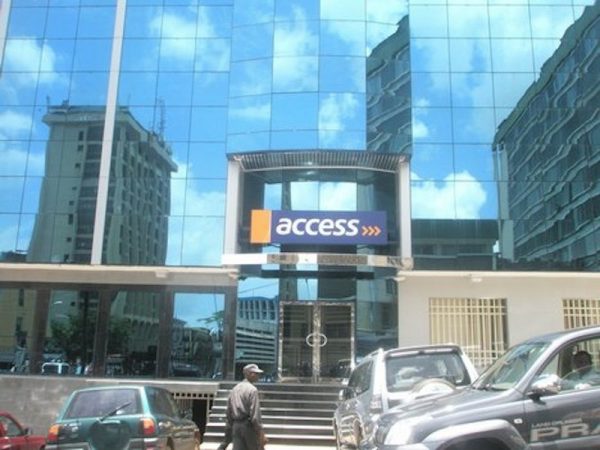Govts Urged to Establish Entrepreneurial Hub to Tackle Poverty
The federal and state governments have been advised to set up private sector-led initiatives such as an entrepreneurial hub to tackle the rising incidence of poverty in the country.
The Financial Derivatives Company Limited stated this in its latest bi-monthly economic update obtained at the weekend.
The report noted that the relationship between poverty reduction and the expansion and development of SMEs cannot be overemphasised.
It also urged federal and state governments to look beyond access to finance and prioritise empowerment through developing a strong support network for entrepreneurs, access to skilled resources and shared collaborative spaces that reduce overhead expenses.
“To complement the government’s efforts, there is the need for private sector led initiatives such as the establishment of an entrepreneurial hub.
“Such a hub could be an association of entrepreneurs that co-fund or co-source relevant technical and managerial skills, which are germane for business sustainability.
“Given the huge cost that may be associated with training and skill acquisition, the train-the-trainer model could be adopted. This is a situation where a few entrepreneurs are selected and sponsored to attend special training programs and expected to train other members of the group upon completion of the program,” the report explained.
According to the FDC, there is also need for sensitisation to arouse the entrepreneurial spirit in young and talented individuals.
These initiatives, it pointed out, would play critical roles in strengthening micro, small and medium scale enterprises (MSMEs) growth in the country.
Stronger MSME growth creates greater room for job creation, reducing the level of unemployment, and therefore reducing poverty.
Poverty alleviation remains a persistent focus in Nigeria despite noteworthy programs over the years such as: Operation Feed the Nation (1976), the Green Revolution (1982), and the National Poverty Eradication Program (2001). While the initiatives were well intended, their impact was and continues to be stalled with a lack of continuity by successive administrations and a limited focus on MSMEs, which are the engine of growth of any economy.
According to the report, the level of poverty, unemployment and misery in the country remains alarming.
Approximately 87 million people now live on less than $1.90 per day, with Nigeria surpassing India as the country with the poorest people in the world, it stated.
“Unemployment and underemployment is at 40 per cent and the misery level (unemployment + underemployment + inflation) is 51.2 per cent. It is high time to focus and develop strategies to aggressively combat this chronic syndrome,” it added.
One of the targets of the United Nations’ Sustainable Development Goals is to end extreme poverty by 2030. This is not far away and Nigeria still has a lot to do.
“An opportunity lies with MSMEs. They play a critical role in influencing the growth and socio-economic development of the economy. Their potential to boost production, absorb labour, generate and distribute income creation, and reduce poverty has been globally recognised.
“In Nigeria, MSMEs constitute more than 97 per cent of businesses and employ about 90 per cent of the labour force. However, the sector’s capacity to transform the economy and reduce the number of impoverished citizens has been restricted, specifically by the lack of accessibility and affordability of credit, the difficult Nigerian business climate, and a lack of acumen for sustaining businesses,” the report added.







